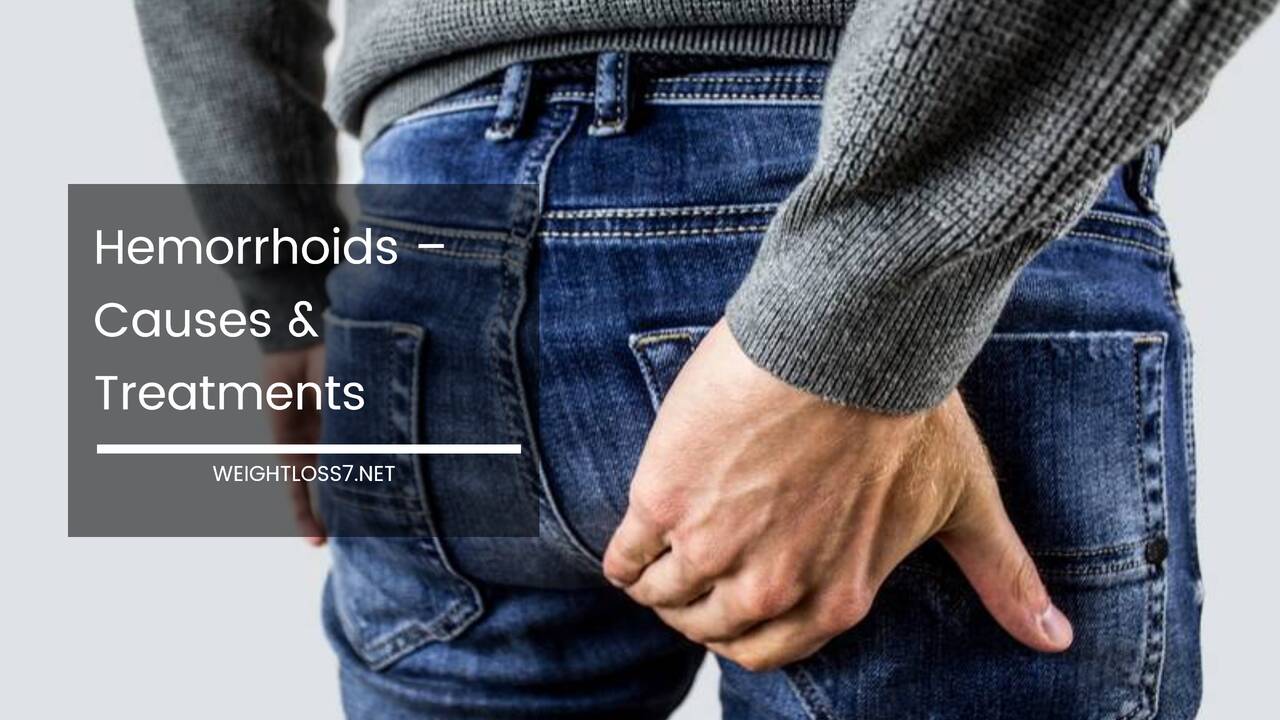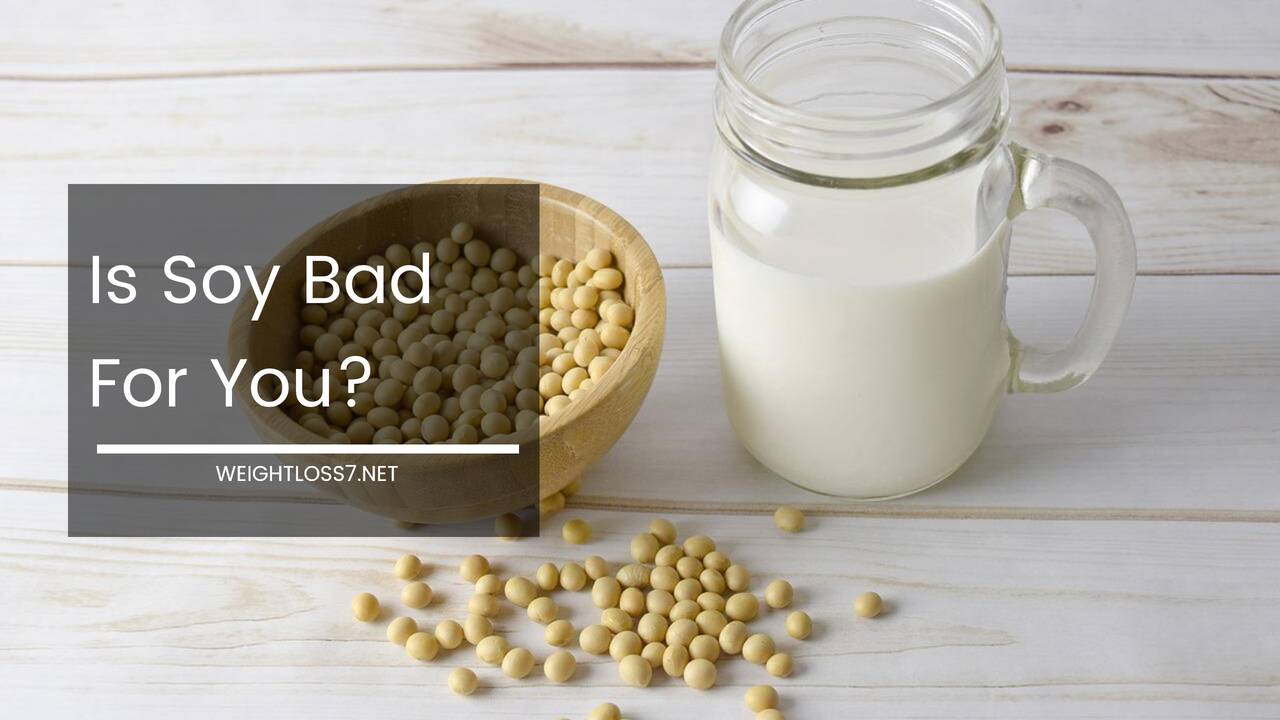Hemorrhoids – Causes & Treatments

If you’ve ever suffered from hemorrhoids you understand how painful and unpleasant they can be. At one point or another, most people suffer from hemorrhoids.
In fact, one million people in the United States suffer from hemorrhoids each year.
People may think hemorrhoids only happen to old people, but the truth is they are present in everyone.
If hemorrhoidal cushions get inflamed they become painful. When this happens you may need to receive treatment from an experienced physician.
What causes hemorrhoids?
Hemorrhoids are usually caused by:
Pregnancy – Hemorrhoids are common during the 3rd trimester of pregnancy. They can also develop in the pushing stage of labor.
Constipation or difficulty having a bowel movement – Straining to have a bowel movement can increase your chances of developing hemorrhoids.
Chronic diarrhea – The increased number of bowel movements can make the rectal area sore. Toilet paper can also cause irritation.
Obesity – Extra weight can put strain on your pelvic veins.
Anal intercourse – Stop any sexual activity that causes pain or serious irritation. Keep in mind that if you are suffering from hemorrhoids already and they are bleeding, you are at risk of transmitting a sexually transmitted disease.
What can you do to prevent hemorrhoids?
There is definitely a link between your lifestyle and hemorrhoids. Making changes to your lifestyle will reduce your risk of developing hemorrhoids and improve your overall health.
Change your diet
Your diet can reduce the risk of developing hemorrhoids. Similarly, if you’re suffering from chronic diarrhea or constipation, you should probably take a look at what you’re eating.
If you suffer from constipation, stay clear from red meat, fried foods, alcohol and caffeine. Increase your fiber intake. There are two types of fiber, soluble and insoluble.
Soluble fiber dissolves in water. Soluble fiber is found in apples, carrots, citrus fruits, oats, barley and psyllium.
Some good examples of insoluble fiber include whole-wheat flour, nuts, bran and some vegetables. Insoluble fiber does not dissolve in water.
Drink Water
Along with adding more fiber to your diet, drinking plenty of water helps reduce the risk of hemorrhoids. Water helps the body flush away toxins.
Drink at least 6-8 glasses of water per day. Increase your water intake if you are also drinking caffeine or alcohol.
Exercise
Exercising regularly can help spark a sluggish digestive system. If you aren’t currently exercising, start out slow with goals you can meet.
Make a commitment to take a twenty minute walk daily. Once you’ve accomplished that goal move on from there.
Are there home remedies that can provide relief?
There are some home treatments for hemorrhoid relief. Some people find relief soaking in a warm bath. Ice packs or cold compresses may also help with swelling and inflammation.
Ditch the eco-friendly toilet paper for something soft and gentle. Using damp toilet paper may also help decrease your pain. This may seem obvious but keeping your anal area clean is critical for getting rid of hemorrhoids.
When is it time to see a professional?
If home treatments are not offering relief, it may be time to see a specialist. There are lots of doctors who promise quick remedies for hemorrhoids. Look for a physician with a proven track record and experience dealing with these types of issues.
Choosing a physician with experience treating hemorrhoids will guarantee that you are receiving the most effective treatments available and you will find quick relief from this painful problem.
Dealing with Hemorrhoids can be embarrassing. Rest assured, you are not alone. The sooner you get over the initial embarrassment, the sooner you’ll be free of pain.

















